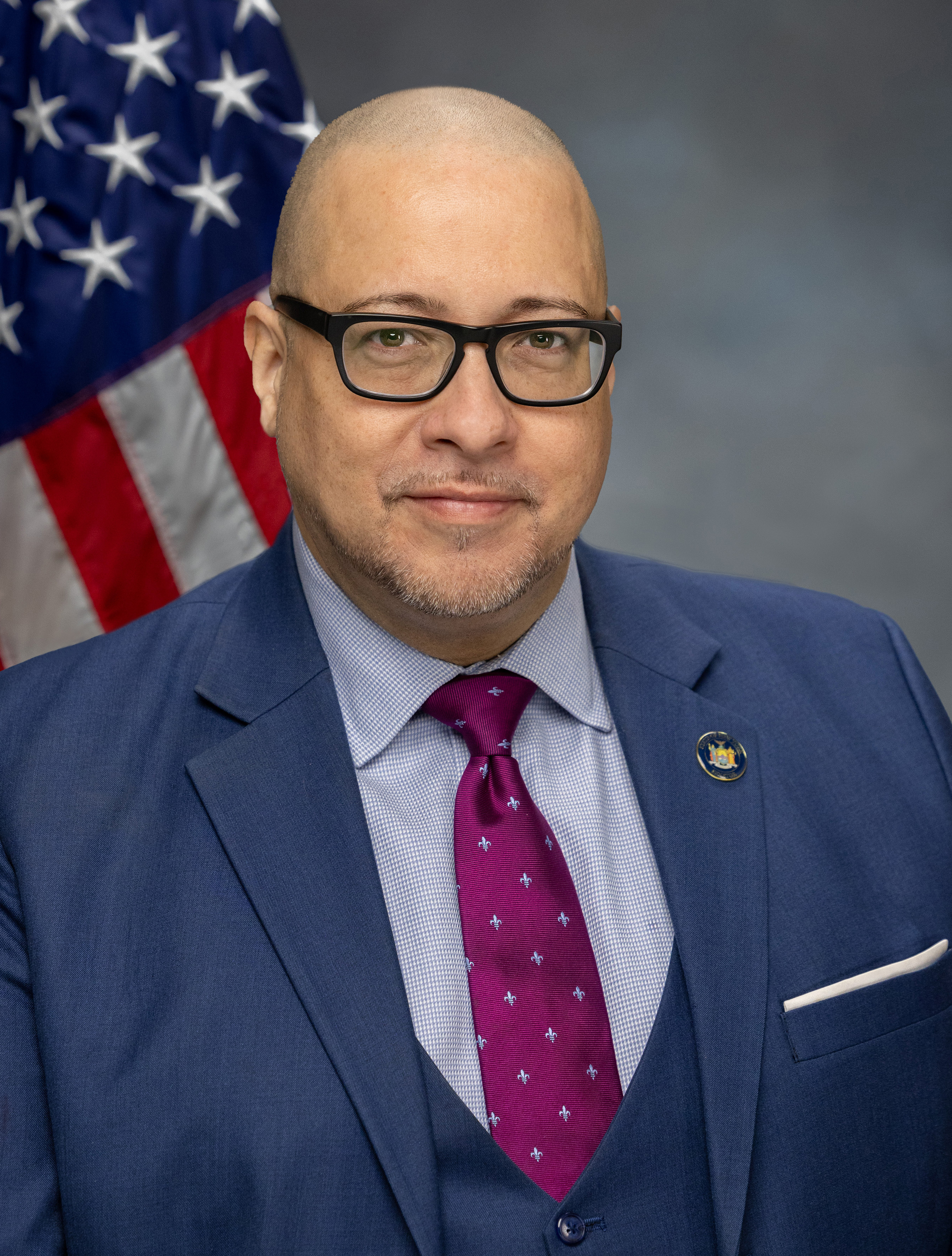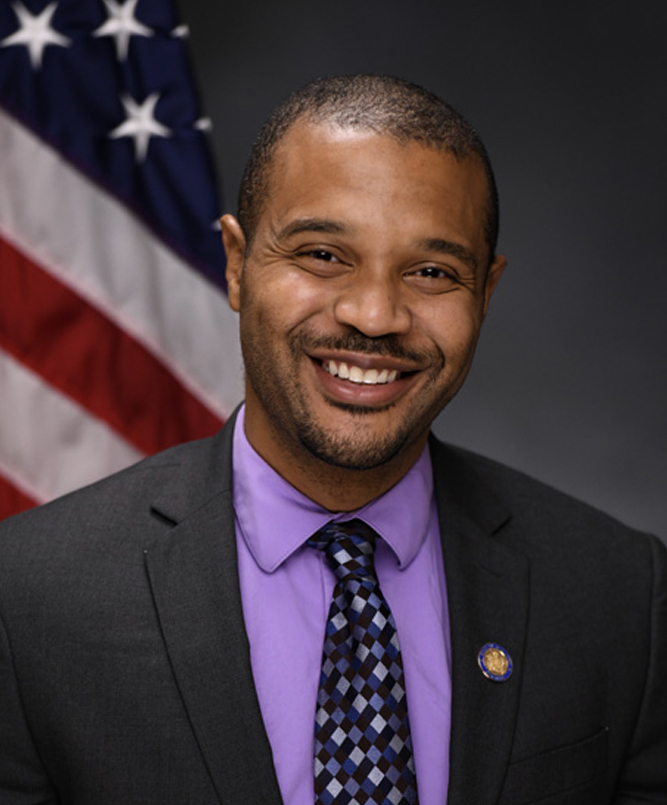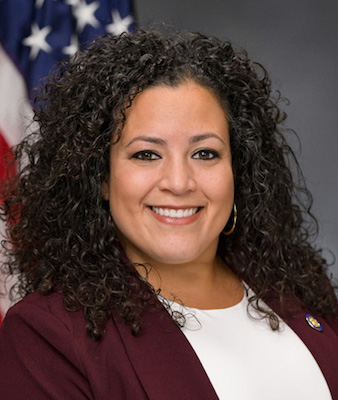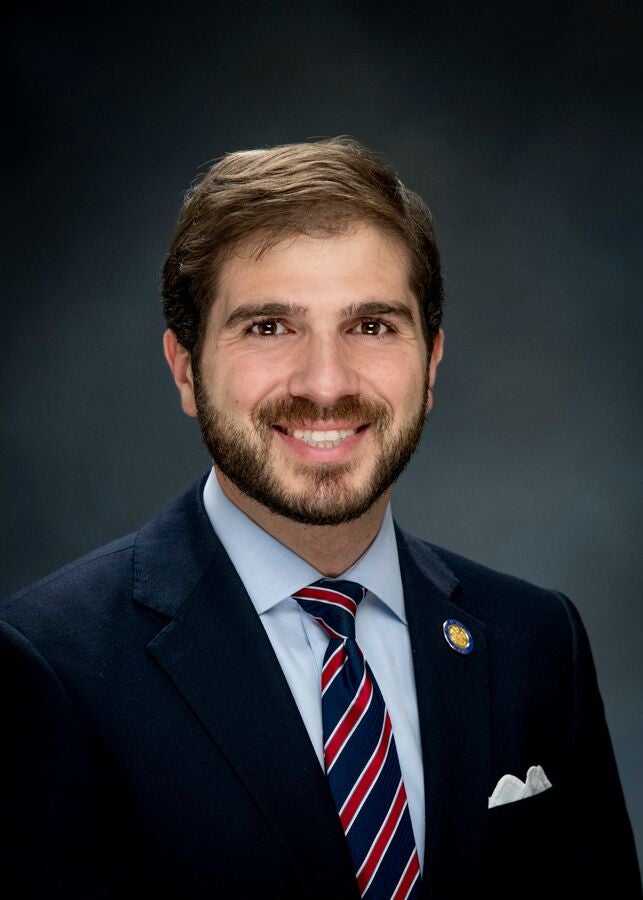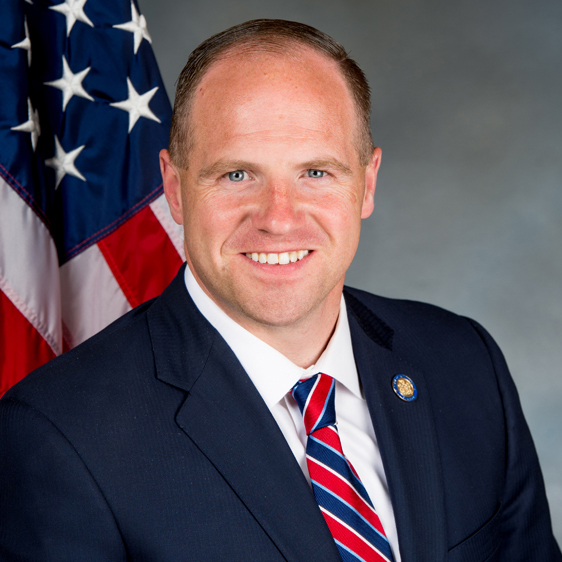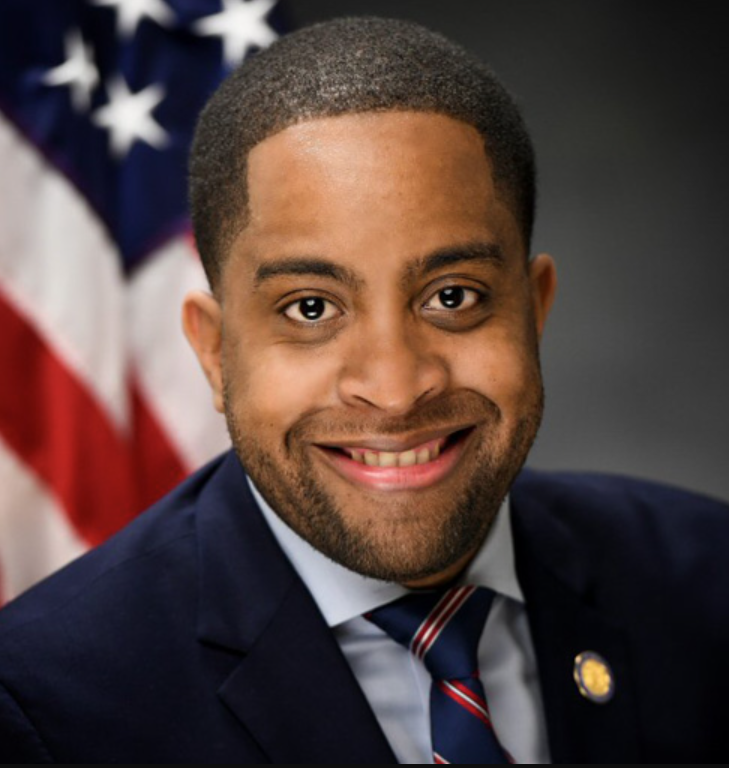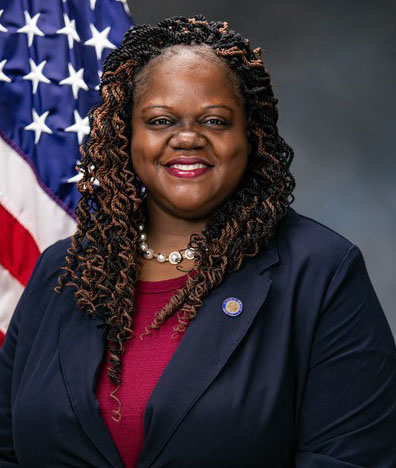| Date of Action |
Assembly Actions -
Lowercase Senate Actions - UPPERCASE |
|---|---|
| May 06, 2024 |
reported and committed to finance |
| Jan 03, 2024 |
referred to crime victims, crime and correction |
| May 23, 2023 |
reported and committed to finance |
| Jan 04, 2023 |
referred to crime victims, crime and correction |
Senate Bill S307
2023-2024 Legislative Session
Sponsored By
(D, WF) 18th Senate District
Archive: Last Bill Status - In Senate Committee Finance Committee
Actions
Votes
co-Sponsors
(D, WF) 33rd Senate District
(D) 36th Senate District
(D, WF) Senate District
(D, WF) 25th Senate District
2023-S307 (ACTIVE) - Details
2023-S307 (ACTIVE) - Sponsor Memo
BILL NUMBER: S307
SPONSOR: SALAZAR
TITLE OF BILL:
An act to amend the executive law, in relation to findings of the state
board of parole necessary for discretionary release of incarcerated
individuals on parole
PURPOSE OR GENERAL IDEA OF BILL:
Provides that the Board of Parole shall release incarcerated persons who
are eligible for release on parole, unless the parole case record demon-
strates there is a current and unreasonable risk the individual will
violate the law if released and such risk cannot be mitigated by parole
supervision.
SUMMARY OF PROVISIONS:
Section 1 amends Executive Law § 259-i (2)(c)(A) to require the granting
of release on parole to individuals who are eligible for parole release,
unless the parole case record demonstrates there is a current and unrea-
2023-S307 (ACTIVE) - Bill Text download pdf
S T A T E O F N E W Y O R K
________________________________________________________________________
307
2023-2024 Regular Sessions
I N S E N A T E
(PREFILED)
January 4, 2023
___________
Introduced by Sens. SALAZAR, RIVERA, BAILEY, BRESLIN, BRISPORT, BROUK,
CLEARE, COMRIE, COONEY, GIANARIS, GONZALEZ, HARCKHAM, HOYLMAN, JACK-
SON, KAVANAGH, KENNEDY, KRUEGER, LIU, MAY, MAYER, MYRIE, PARKER,
RAMOS, SANDERS, SEPULVEDA, SERRANO, STAVISKY -- read twice and ordered
printed, and when printed to be committed to the Committee on Crime
Victims, Crime and Correction
AN ACT to amend the executive law, in relation to findings of the state
board of parole necessary for discretionary release of incarcerated
individuals on parole
THE PEOPLE OF THE STATE OF NEW YORK, REPRESENTED IN SENATE AND ASSEM-
BLY, DO ENACT AS FOLLOWS:
Section 1. Subparagraph (A) of paragraph (c) of subdivision 2 of
section 259-i of the executive law, as amended by chapter 322 of the
laws of 2021, is amended to read as follows:
(A) [Discretionary release] RELEASE on parole shall [not] be granted
[merely as a reward for good conduct or efficient performance of duties
while confined but after considering if there is a reasonable probabili-
ty that, if such incarcerated individual is released, he or she will
live and remain at liberty without violating the law, and that his or
her release is not incompatible with the welfare of society and will not
so deprecate the seriousness of his or her crime as to undermine respect
for law] TO ANY INCARCERATED INDIVIDUAL APPEARING BEFORE THE BOARD WHO
IS ELIGIBLE FOR RELEASE ON PAROLE, UNLESS THE PAROLE CASE RECORD DEMON-
STRATES THERE IS A CURRENT AND UNREASONABLE RISK THE INDIVIDUAL WILL
VIOLATE THE LAW IF RELEASED AND SUCH RISK CANNOT BE MITIGATED BY PAROLE
SUPERVISION. In making the [parole release decision] DETERMINATION AS
TO WHETHER AN INDIVIDUAL POSES A CURRENT AND UNREASONABLE RISK OF
VIOLATING THE LAW IF RELEASED, the procedures adopted pursuant to subdi-
vision four of section two hundred fifty-nine-c of this article shall
require that the following be considered: (i) [the institutional record
EXPLANATION--Matter in ITALICS (underscored) is new; matter in brackets
[ ] is old law to be omitted.
Comments
Open Legislation is a forum for New York State legislation. All comments are subject to review and community moderation is encouraged.
Comments deemed off-topic, commercial, campaign-related, self-promotional; or that contain profanity, hate or toxic speech; or that link to sites outside of the nysenate.gov domain are not permitted, and will not be published. Attempts to intimidate and silence contributors or deliberately deceive the public, including excessive or extraneous posting/posts, or coordinated activity, are prohibited and may result in the temporary or permanent banning of the user. Comment moderation is generally performed Monday through Friday. By contributing or voting you agree to the Terms of Participation and verify you are over 13.
Create an account. An account allows you to sign petitions with a single click, officially support or oppose key legislation, and follow issues, committees, and bills that matter to you. When you create an account, you agree to this platform's terms of participation.

